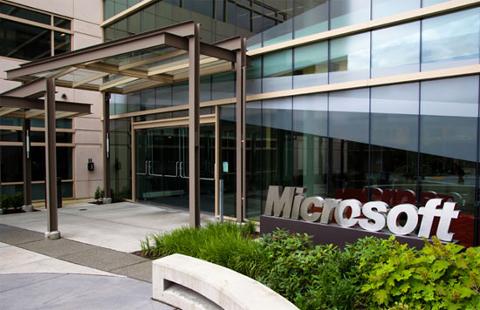 The Linux Foundation is celebrating the operating system's 20th anniversary and demand for those skills far outstrips supply. (Alice Hill, our managing director here at Dice, recently told PCWorld.com's Katherine Noyes that there are about 11,000 Linux jobs on the site on any given day.) At the same time, writer Carla Schroder's post at ITworld on what the future holds for open source workers spawned conversations that have spilled over to LXer and Tuxmachines. She advocates flexibility as the No. 1 skill in open source employment, followed by coding as No. 2. Among Schroder's points:
The Linux Foundation is celebrating the operating system's 20th anniversary and demand for those skills far outstrips supply. (Alice Hill, our managing director here at Dice, recently told PCWorld.com's Katherine Noyes that there are about 11,000 Linux jobs on the site on any given day.) At the same time, writer Carla Schroder's post at ITworld on what the future holds for open source workers spawned conversations that have spilled over to LXer and Tuxmachines. She advocates flexibility as the No. 1 skill in open source employment, followed by coding as No. 2. Among Schroder's points:
Someone always asks "Which language is the best" and the answer is always "It depends." You won't know until you define what technologies you are interested in, and try some different languages to find out which ones fit. A programming language is like any tool: some feel right, some don't. The three big fields of growth are embedded, mobile, and cloud, with lots of overlap between them as we moved to a fully-networked world.There's plenty of opportunity with open source, even for those who don't code, Schroder says. She quotes Amanda McPherson, Linux Foundation vice president of marketing and developer programs, saying:
In the future, to really write your ticket you should show you can lead a project, write persuasively and work well with a large, distributed community. People who thrive in less structured roles will have great success, whether in development, sales and marketing or anything else. Those who can come up with their own job descriptions and do what needs to be done will be best suited for these types of roles.Noyes also has an article at Linux Insider in which she makes the point that those with Linux skills can use them to create their own businesses, even if it's a form of "involuntary entrepreneurship."


